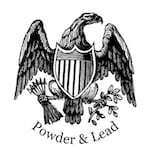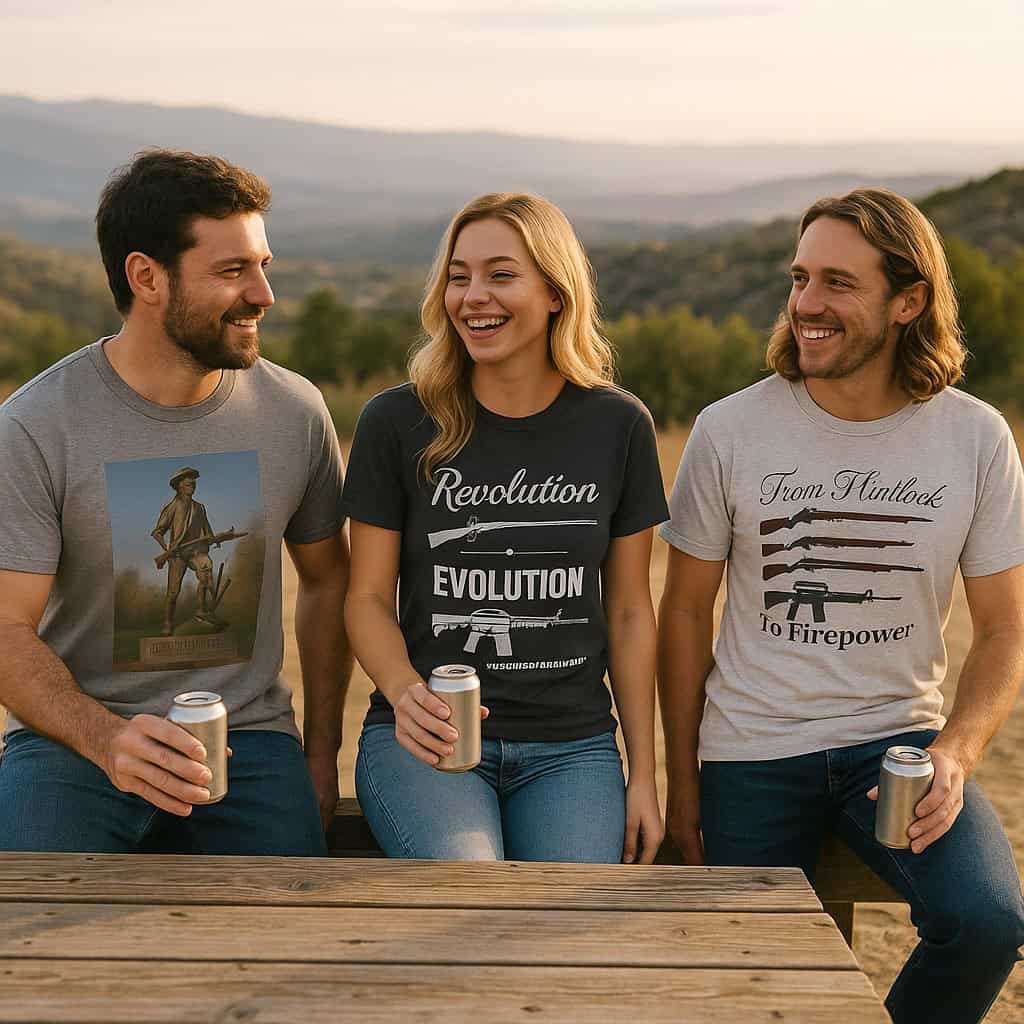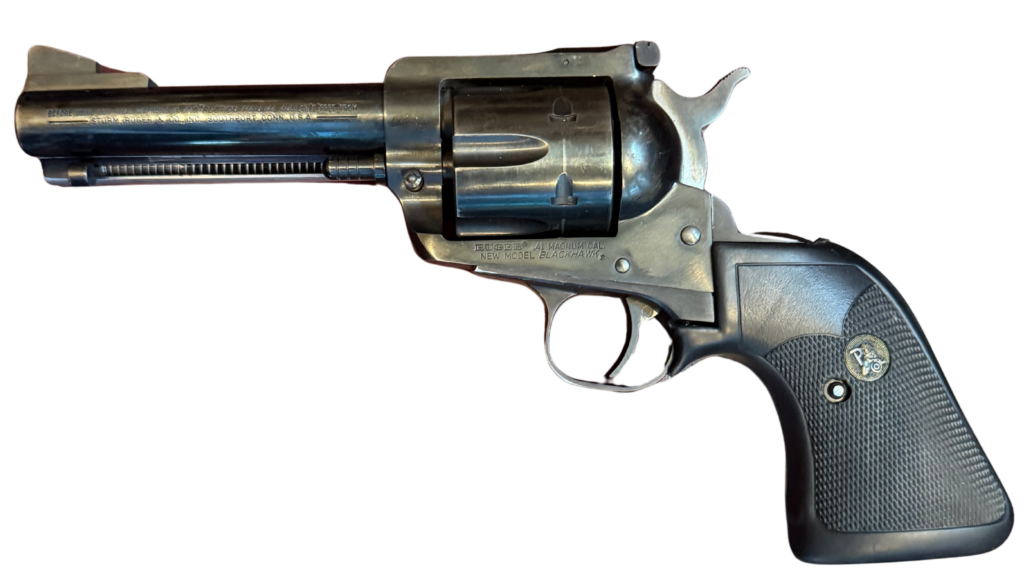
The New World and the Gun
The transformative power of technology has shaped humanity's history, and one of the most impactful among these technologies are firearms. As European nations began exploring and colonizing what is now known as the New World in the late 15th and early 16th centuries, guns played a substantial role in this process. From the establishment of new settlements to interactions with indigenous people, these weapons affected the trajectory of colonization in profound and sometimes troubling ways.
Invention
The invention and refinement of gunpowder-based weapons, notably the arquebus and later the musket, revolutionized warfare in Europe. These firearms provided a degree of firepower previously unseen, and their widespread adoption had considerable implications for the explorers and colonizers venturing into the New World. These new weapons greatly enhanced the military capabilities of the explorers, providing them with an advantage against indigenous populations in skirmishes and battles. The noise, smoke, and destructive power of these firearms often had a psychological impact, which was equally as significant as their lethal capabilities.
Establishing Settlements
In the context of establishing settlements in the New World, guns played a crucial role. Colonizers often found themselves in hostile environments, threatened by unfamiliar wildlife and potential conflict with indigenous populations. Firearms were vital tools for defense and hunting, ensuring the survival of the settlers in the unfamiliar and often harsh conditions of the New World. They were also used as tools of control and intimidation, helping to maintain order within the burgeoning colonies and deter potential uprisings.
Trade
Trade with the indigenous populations also introduced firearms into the New World local cultures, drastically altering their way of life forever. For some, these weapons provided an advantage in intertribal warfare, leading to shifts in power dynamics. This had a profound impact on the indigenous societies of the New World, and it was a development that came with significant consequences. The introduction of guns heightened conflict among tribes, disrupted traditional ways of life, and ultimately contributed to the destabilization of many indigenous societies.
Indigenous People
However, the use of firearms during the colonial period was not solely a tale of domination and conflict. There were also instances of coexistence, negotiation, and mutual respect between colonizers and indigenous populations. In some areas, the indigenous peoples learned how to use firearms and even incorporated them into their own societies. Firearms were a prized commodity among the indigenous. Many of the indigenous people who acquired firearms, either through trade, theft, or battle, became very skilled at using and maintaining these treasured items. They sometimes used these weapons to resist the colonizers and defend their lands and ways of life.
The influence of guns during this period is also symbolic. They represented the immense cultural and technological gap between the colonizers and the indigenous populations. This chasm led to a variety of conflicts, misunderstandings, and imbalances that have left lasting scars on the societies of the New World.
Conclusion
In conclusion, guns played a pivotal role in establishing the New World. Their impact ranged from directly shaping the outcomes of conflicts and altercations to influencing trade and power dynamics between the colonizers and indigenous societies. Understanding the role of firearms in this historical context is key to recognizing the forces that shaped the New World. As we reflect on this history, we must grapple with the profound consequences of these encounters, many of which continue to resonate in today's society.
Here's a more detailed article on the topic. Click here.
If you know of any forums or sites that should be referenced on this listing, please let us know here.




